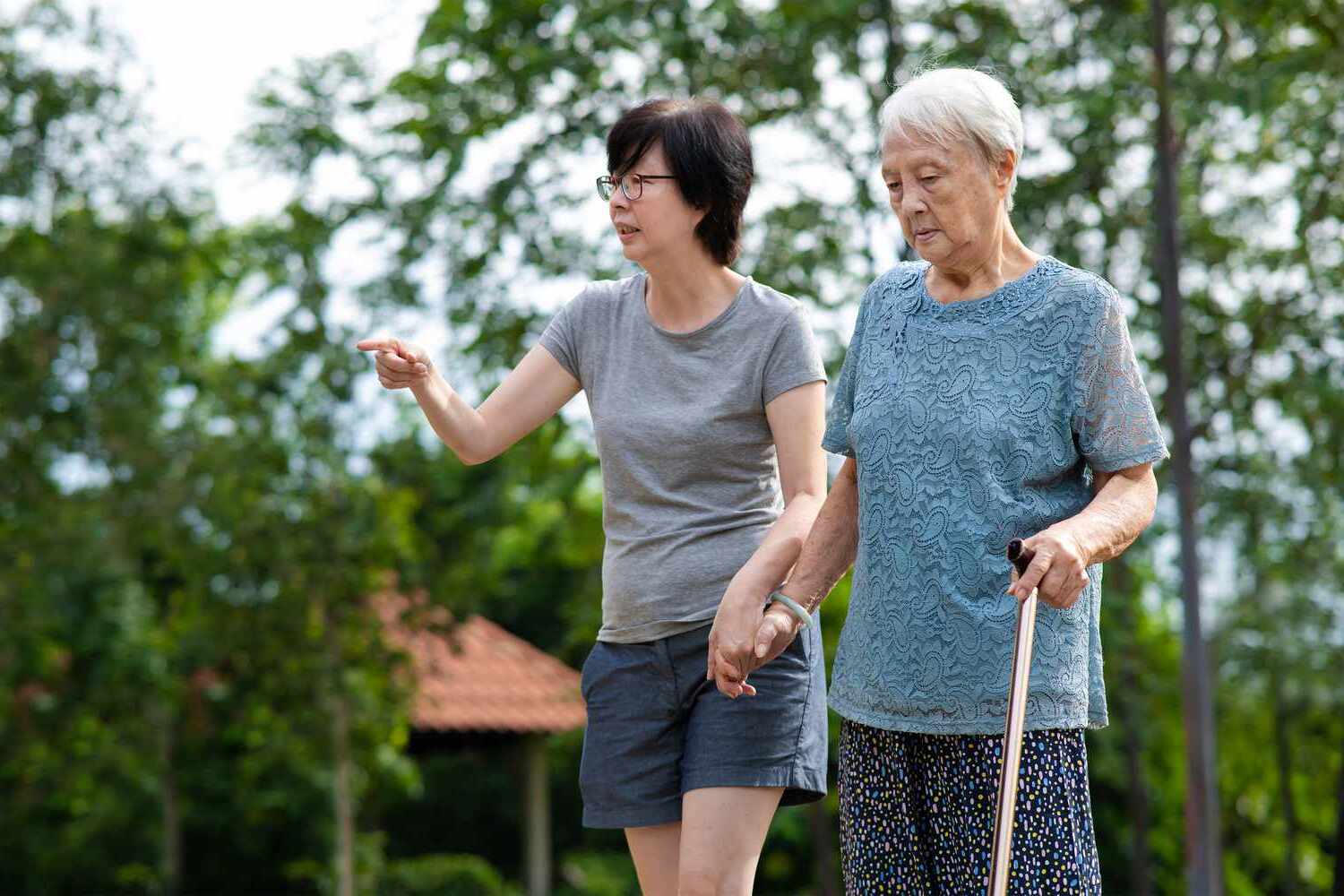
Parkinson Dementia Steele Type is a rare and complex condition that combines symptoms of Parkinson's disease with dementia. This disorder affects movement, thinking, and memory, making daily life challenging for those diagnosed. Understanding this condition can help in providing better care and support. In this blog post, we'll explore 25 facts about Parkinson Dementia Steele Type, shedding light on its causes, symptoms, and treatment options. Whether you're a caregiver, a family member, or someone seeking knowledge, these facts will offer valuable insights into this intricate condition. Let's dive into the world of Parkinson Dementia Steele Type and uncover what makes it unique.
Key Takeaways:
- Parkinson's disease is a progressive disorder affecting movement, with no known cure. It can lead to dementia in later stages, affecting memory and reasoning in 50-80% of patients.
- Steele-Richardson-Olszewski syndrome (PSP) causes walking, balance, and eye movement problems. It progresses rapidly and is often misdiagnosed as Parkinson's disease.
Understanding Parkinson's Disease
Parkinson's disease is a progressive neurological disorder that affects movement. It develops gradually, sometimes starting with a barely noticeable tremor in just one hand. Here are some key facts about Parkinson's disease:
- Parkinson's disease primarily affects dopamine-producing neurons in a specific area of the brain called the substantia nigra.
- Symptoms usually develop slowly over years, and the progression of symptoms is often different from one person to another.
- Common symptoms include tremors, limb rigidity, bradykinesia (slowness of movement), and postural instability.
- The exact cause of Parkinson's disease is unknown, but it is believed to involve a combination of genetic and environmental factors.
- There is currently no cure for Parkinson's disease, but treatments are available to help manage symptoms.
Parkinson's Disease and Dementia
Parkinson's disease can sometimes lead to dementia, a condition characterized by a decline in cognitive function. This type of dementia is known as Parkinson's disease dementia (PDD). Here are some important facts about PDD:
- Parkinson's disease dementia typically occurs in the later stages of Parkinson's disease.
- Symptoms of PDD include memory problems, difficulty concentrating, and changes in judgment and reasoning.
- Not everyone with Parkinson's disease will develop dementia; it affects about 50-80% of people with Parkinson's over the course of their illness.
- The risk of developing PDD increases with age and the duration of Parkinson's disease.
- Treatments for PDD focus on managing symptoms and may include medications, lifestyle changes, and supportive therapies.
Steele-Richardson-Olszewski Syndrome (Progressive Supranuclear Palsy)
Steele-Richardson-Olszewski syndrome, also known as Progressive Supranuclear Palsy (PSP), is a rare brain disorder that causes serious problems with walking, balance, and eye movements. Here are some key facts about PSP:
- PSP is often misdiagnosed as Parkinson's disease because of similar symptoms.
- Unlike Parkinson's disease, PSP does not typically respond to medications that increase dopamine levels.
- Symptoms of PSP include stiffness, awkward movements, falling, and problems with speech and swallowing.
- PSP affects the brainstem, basal ganglia, and cerebral cortex, leading to a variety of motor and cognitive symptoms.
- The cause of PSP is unknown, but it is believed to involve the accumulation of abnormal tau protein in the brain.
Differences Between Parkinson's Disease and PSP
While Parkinson's disease and PSP share some similarities, there are important differences between the two conditions. Here are some facts highlighting these differences:
- PSP progresses more rapidly than Parkinson's disease, often leading to severe disability within a few years.
- Eye movement problems, particularly difficulty looking up or down, are more common in PSP than in Parkinson's disease.
- People with PSP often have more severe problems with balance and falls compared to those with Parkinson's disease.
- Cognitive impairment tends to occur earlier and be more severe in PSP than in Parkinson's disease.
- PSP is less common than Parkinson's disease, affecting about 3-6 people per 100,000, whereas Parkinson's disease affects about 1% of people over age 60.
Managing Parkinson's Disease and PSP
Managing Parkinson's disease and PSP involves a combination of medications, therapies, and lifestyle changes. Here are some important facts about managing these conditions:
- Medications for Parkinson's disease include levodopa, dopamine agonists, and MAO-B inhibitors, which help manage symptoms.
- Physical therapy can help improve mobility, balance, and flexibility in people with Parkinson's disease and PSP.
- Speech therapy can assist with communication and swallowing difficulties that may occur in both conditions.
- Occupational therapy can help individuals maintain independence by teaching strategies for daily activities.
- Support groups and counseling can provide emotional support and practical advice for people with Parkinson's disease and PSP, as well as their families.
Final Thoughts on Parkinson Dementia Steele Type
Parkinson Dementia Steele Type, also known as Progressive Supranuclear Palsy (PSP), is a rare but serious condition. It affects movement, balance, and cognitive functions. Understanding the symptoms and early signs can make a big difference in managing the disease. Early diagnosis helps in planning treatments and improving quality of life.
Support from family and healthcare providers is crucial. They play a key role in helping patients cope with daily challenges. Research is ongoing, offering hope for better treatments in the future. Staying informed and connected with support groups can provide much-needed comfort and advice.
Remember, knowledge is power. The more you know about Parkinson Dementia Steele Type, the better you can support those affected. Keep learning, stay hopeful, and never hesitate to seek help when needed.
Frequently Asked Questions
Was this page helpful?
Our commitment to delivering trustworthy and engaging content is at the heart of what we do. Each fact on our site is contributed by real users like you, bringing a wealth of diverse insights and information. To ensure the highest standards of accuracy and reliability, our dedicated editors meticulously review each submission. This process guarantees that the facts we share are not only fascinating but also credible. Trust in our commitment to quality and authenticity as you explore and learn with us.
